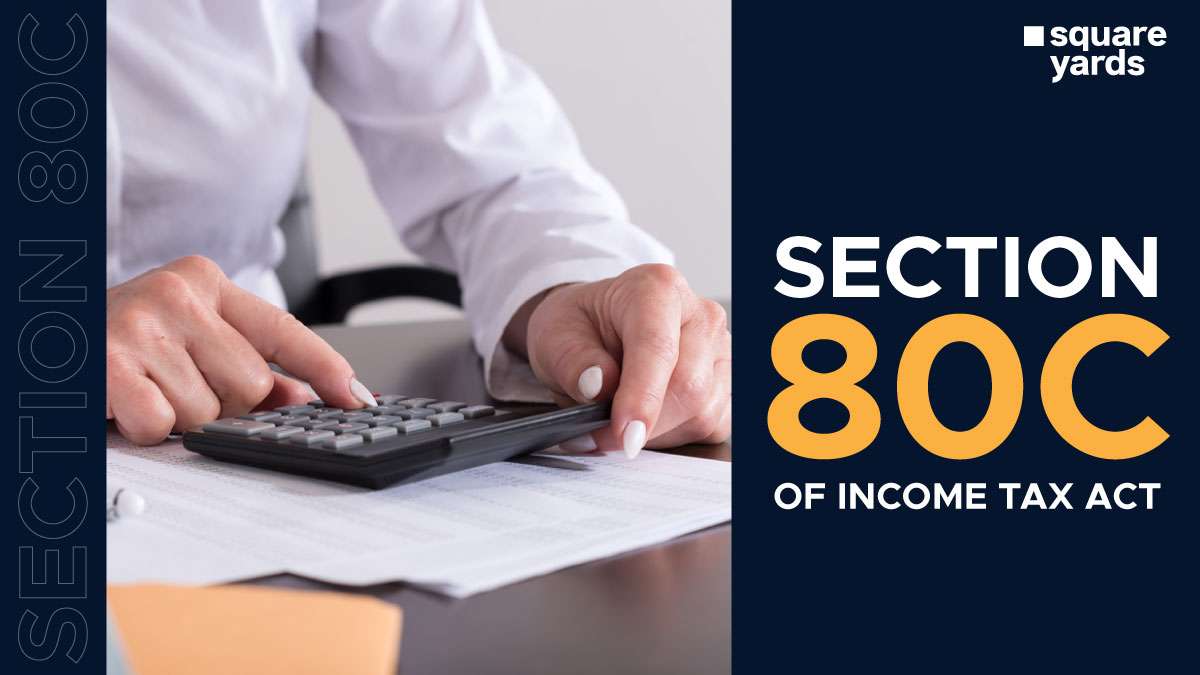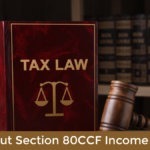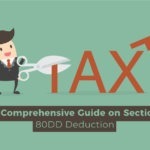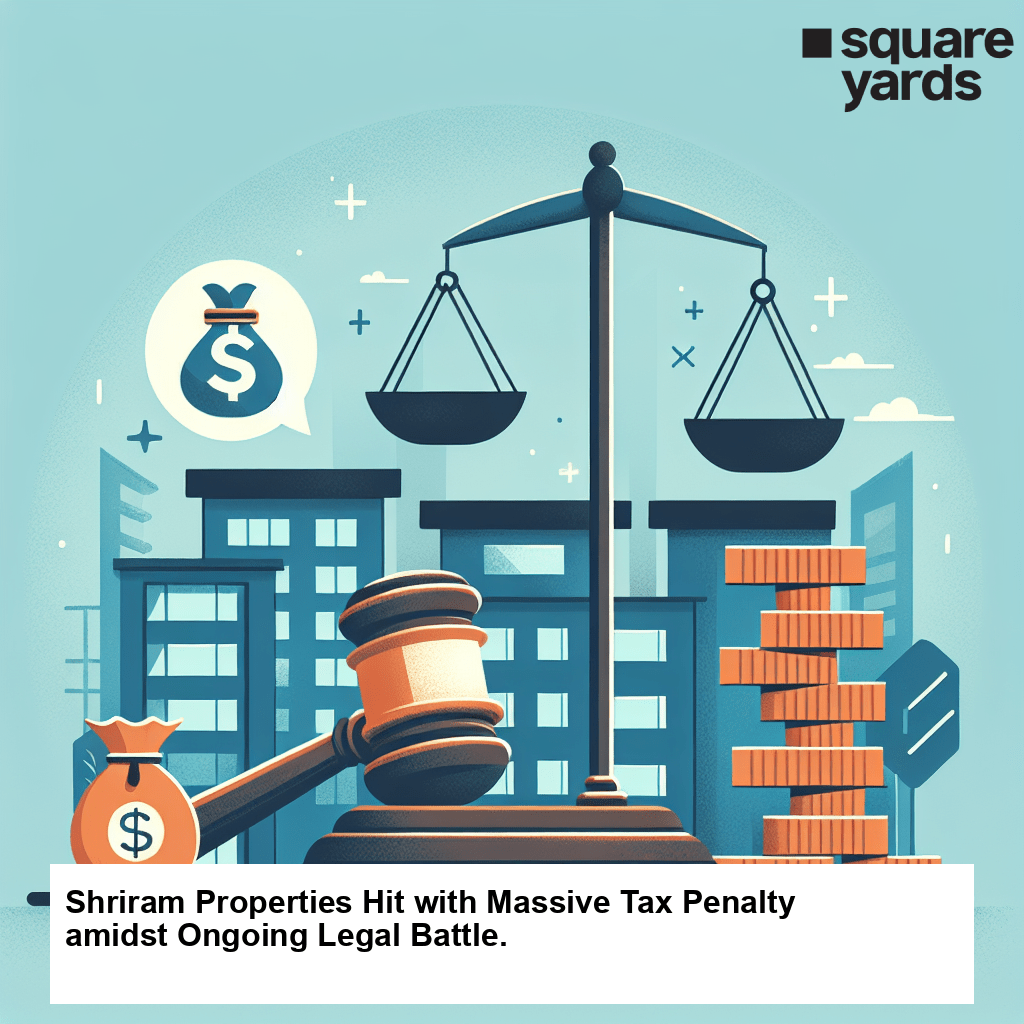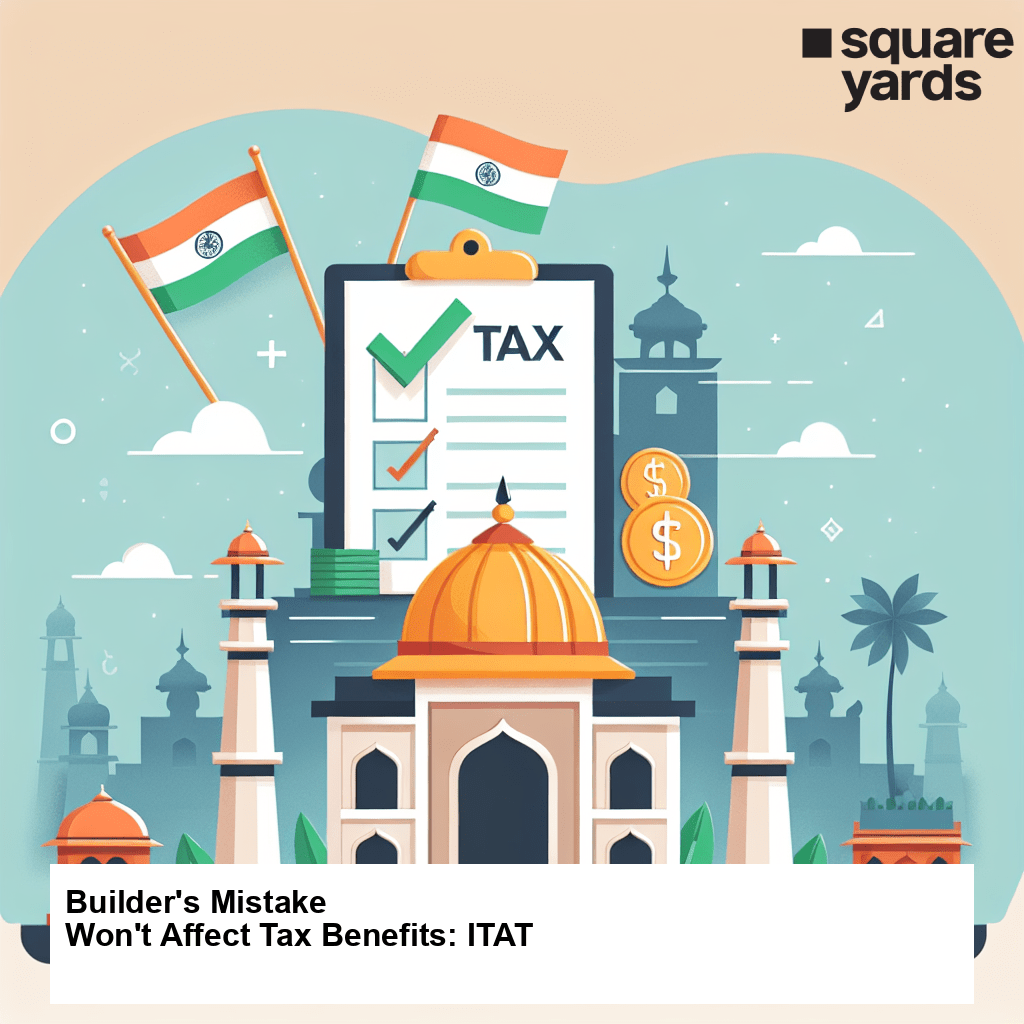The government of India imposes a tax on any income (other than agricultural income) generated in India to help fund the government kitty. The income tax department introduced Section 80C to help reduce the tax burden of the citizens of India.
Section 80C of the Income Tax allows you to claim deductions of up to Rs.1,50,000 on your taxable income. Read further to learn about Section 80C of the Income Tax Act, 1961.
Table of contents
- What is Section 80C?
- Deductions on Investments under Section 80C of the Income Tax Act
- Deductions on Investments under sub-sections of Section 80C
- When should Someone Invest to Claim Deductions under Section 80C of the Income Tax Act?
- What is the Union Budget 2022 Update related to Section 80C?
- Frequently Asked Questions (FAQs)
What is Section 80C?
Section 80C of the Income Tax Act was introduced on 1st April 2006 and is one of the most renowned sections amongst the taxpayers. The section allows individuals and companies to reduce their income tax. If the investments are planned wisely and spread across NSC, PPF, EPF, etc., one can claim deductions up to Rs. 1.5 lakh and reduce the tax liability.
Deductions on Investments under Section 80C of the Income Tax Act
The below table comprises the list of investments one can make to save tax under Section 80C of the Income Tax Act:
| Options for Investment | Minimum lock-in period | Interest Rate | Risk factor | Returns |
| National Pension System | Up to the individual’s age of 60 years | 8% – 10% | High | No |
| Public Provident Fund | 15 years | 7.1% | Low | Yes |
| Equity Linked Saving Scheme | 3 years | From 12% to 15% (depending on the fluctuations in the market) | High | No |
| Senior Citizen Savings Scheme | 5 years | 7.40% | Low | Yes |
| National Savings Certificate | 5 years | 6.8% | Low | Yes |
| Fixed Deposit | 5 years | Up to 8.40% | Low | Yes |
| Unit Linked Insurance Plan | 5 years | From 8% to 10% (depending on the fluctuations in the market) | Moderate | No |
| Sukanya Samriddhi Yojana | 21 years | 7.6% | Low | Yes |
Deductions on Investments under sub-sections of Section 80C
The investments that are eligible for deductions under Section 80C have been covered in the above table. However, the below table comprises various investments and sub-sections used for deductions:
| Section | Deduction on | Deductible Limit |
| Section 80CCC | Amount deposited in LIC or other insurer’s annuity plan for a pension from a fund mentioned in Section 10 (23AAB) | – |
| Section 80CCD (1) | Contribution of Employer to the account of National Pension Scheme (up to Rs.1. lakh) | – |
| Section 80CCD (2) | Contribution of Employer to the account of National Pension Scheme | Up to 10% of the salary |
| Section 80CCD (1B) | Additional contribution to the account of National Pension Scheme | Rs.50,000 |
| Section 80TTA (1) | Interest income from savings account | Up to Rs.10,000 |
| Section 80TTB | Interest exemption from banks, post office, etc. (applicable to senior citizens only) | Up to Rs.50,000 |
| Section 80GG | Rent paid when the employee has not received the House Rent Allowance | Minimum of either Rs.5,000 per month, or for rent paid less than 10% of the total income, or 25% of the total income |
| Section 80E | Interest on education loan | Interest paid for 8 years |
| Section 80EE | Interest on home loan (applicable to first-time homeowners) | Rs.50,000 |
| Section 80CCG | Rajiv Gandhi Equity Scheme | Minimal of Rs.25,000 or 50% of the amount invested in equity shares |
| Section 80D | Medical insurance | Rs.25,000 for self, children and spouse, and Rs.50,000 for parents above 60 years of age |
| Section 80DD | Medical treatment for handicapped dependents | Rs.75,000 in case the disability is over 40% and Rs.1.25 lakh in case the disability is over 80% |
| Section 80DDB | Medical expenses | Minimal of the costs actually incurred or Rs.40,000 in case the individual or his/her relative is below the age of 60 years, and the costs actually incurred or Rs.1 lakh in case the person getting treated is over the age of 60 |
| Section 80U | Self-suffering from disability | For the cases of mental retardation or physical disability (including blindness) – Rs.75,000 and For individuals suffering from severe disabilities – Rs.1.25 lakh |
| Section 80 G | Contributions to organisations for social causes | Donation of up to Rs.2,000 made by any payment mode except cash |
| Section 80GGB | Contribution to political parties by companies | The amount contributed |
| Section 80GGC | Contribution to political parties by individuals | The amount contributed |
| Section RRB | Deductions on income by way of royalty of a patent | Minimal of the income received or Rs.3 lakh |
When should Someone Invest to Claim Deductions under Section 80C of the Income Tax Act?
It has been observed that most people make investments towards the end of a financial year to claim tax deductions. According to experts, the best time for investment is the starting of a financial year since it would be an informed decision and would also ensure that you will get the interest for the entire year (from April to March).
What is the Union Budget 2022 Update related to Section 80C?
According to a statement by Finance Minister Nirmala Sitharaman during the last concluded Union Budget 2022, no changes have been made to the existing rules of Section 80C. Therefore, individuals can avail of deductions of up to Rs.1.5 lakh following the old regime. There are no deduction rules for those who have chosen the new tax regime option.
We hope we have covered every information about Section 80C of the Income Tax Act in this article. You can also go through the FAQs section for any further details in case we have skipped anything.
You May Also Read:
Frequently Asked Questions (FAQs)
Is the entire contribution eligible for deduction under 80C in EPF schemes?
No. Under EPF schemes, just the half amount paid by the employee is eligible for benefits.
Is the interest earned through these instruments also eligible for tax deductions under 80C?
No. In most schemes, the interest earned is accountable for tax, however not in the case of NSCs. In this case, the reinvested interest becomes eligible for deduction under section 80C for the year the interest is reinvested.
Can we claim deductions under 80C if we take a loan for the renovation of a house?
No. You can claim deductions under 80C for a regular home loan but not for a loan taken for renovation or repairing a home.
Can taxpayers claim deductions under Section 80C while filing Income Tax Return?n
Yes. Taxpayers can claim deductions under Section 80C while filing Incom Tax Return, but only before the end of that particular assessment year.
Are donations eligible for the exemption of tax under Section 80C?
In case the donations are made to eligible institutions, they are eligible for the exemption of tax under Section 80C
How to calculate Section 80C deduction?
The standard deduction under Section 80C is Rs.50,000 annually. Thus, the eligible expenses and investments have to be deducted under Section 80C.


